APHRODISIAS 1
APHRODISIAS 2
APHRODISIAS 3
APHRODISIAS 4
APHRODISIAS 5 |
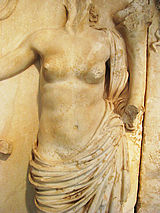 Aphrodite |

|
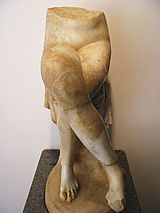 Ditto |
 |
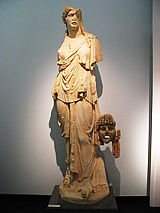 |
 |
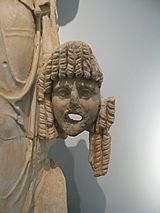 |
Woman with mask |
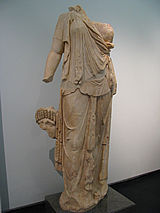 |
 |
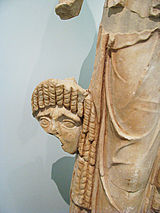 |
 |
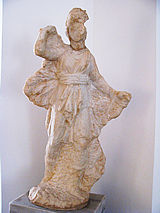 |
|
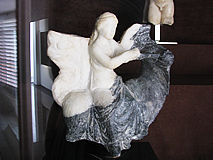 Goddess
Europa |
 |
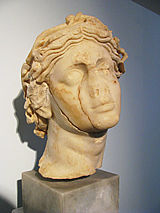 |
 |
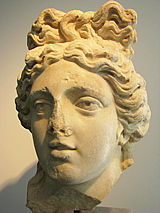 Aphrodite
or Apollo |
|
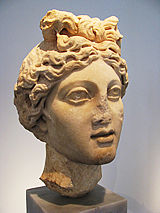 Aphrodite |
|
 |
|
|
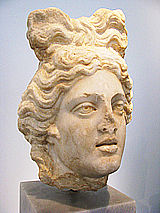 Apollo |
|
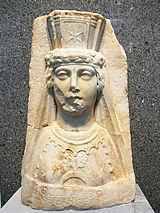 Aphrodite |
 |
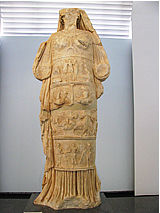 Aphrodite |
 |
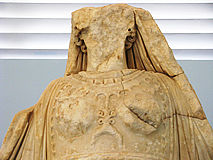 |
 |
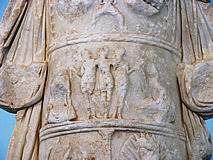 The
"daughters" of Aphrodite
("The Three Graces", who we are calling "Wise Women") |
 |
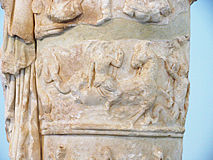 |
 |
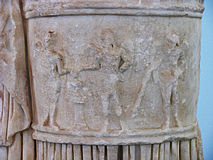 |
 |
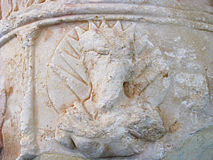 |
 |
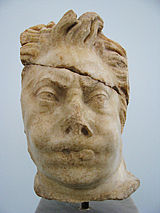 Satyr |
 |
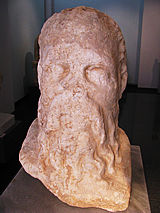 Satyr |
 |
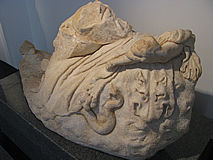 Satyr
(only underpart) with snake ("death and rebirth") and leaves (vegetation) |
 |
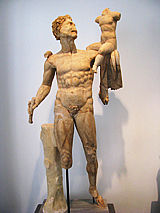 A
Satyr with the child Dionysos |
 |
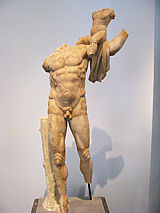 It
proves our point: The Satyr represents an earlier stage of vegetation Gods in the same
lineage as Dionysos. As being a creature of the "primitive" past, he is usually
portrayed as half animal, half human . |
 |
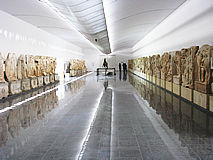 |
The famous Sebasteion |
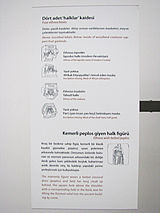 |
 |
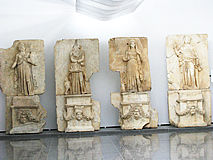 |
 |
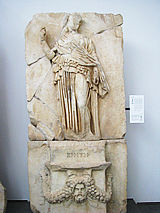 |
"Wise Women" or
Goddesses from surrounding "barbarian" parts of the Roman empire. Under the
statues are heads of Pan, Satyrs or....Green Men, clearly portrayed as her protector,
servant....It shows that "backward" countries still worshipped the traditional
concept of (Mother)Goddess and Her Son/Lover |
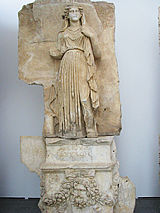 |
|
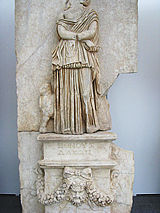 |
|
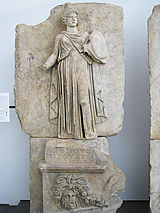 |
The beginning of a fascinating
series of "Green Men". They are from regions like Bess, Thracia, Judaea,
Dacia.....Since Aphrodisias was a place of celebration.....the Green Men are characterized
by lush guirlandes of leaves, flowers and fruits..... |
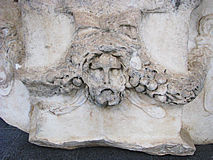 |
|
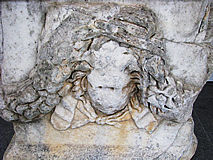 |
|
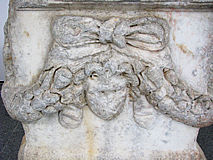 |
The decapitation or damage on
the faces wasn't done by Muslims, but by Christians..... |
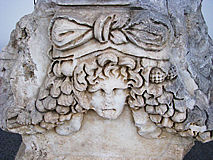 |
|
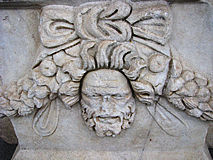 |
|
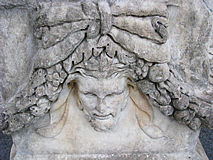 |
|
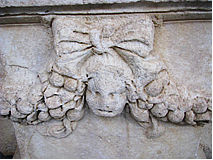 |
|
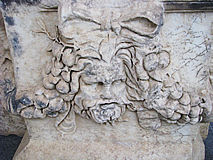 |
|
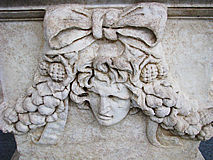 |
|
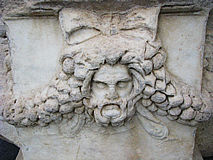 |
|
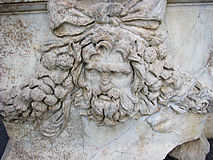 |
|
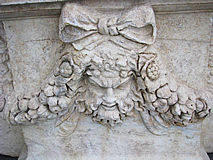 |
|
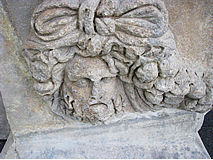 |
|
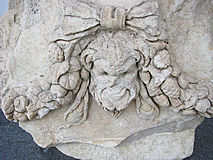 |
|
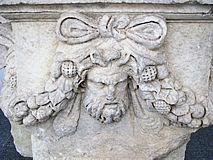 |
|
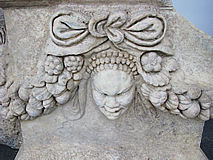 |
|
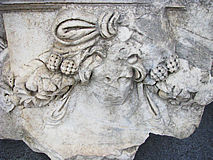 |
|
BACK
© 2010 Copyright Han Marie Stiekema
Last revising: 04/27/10 |
|